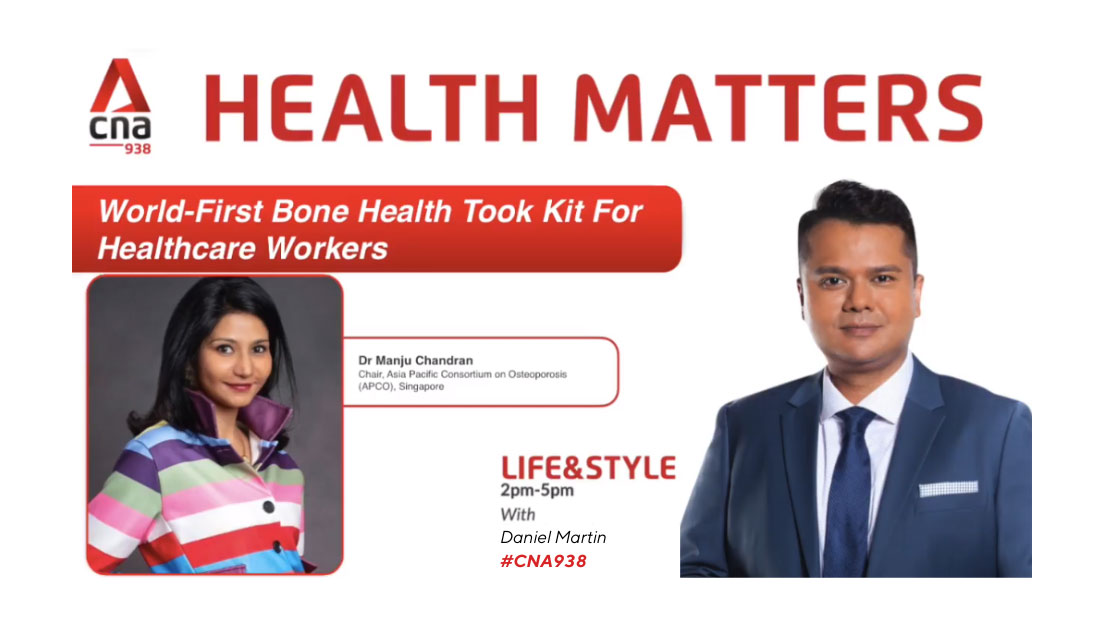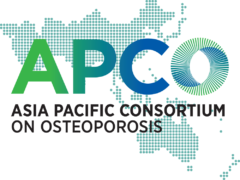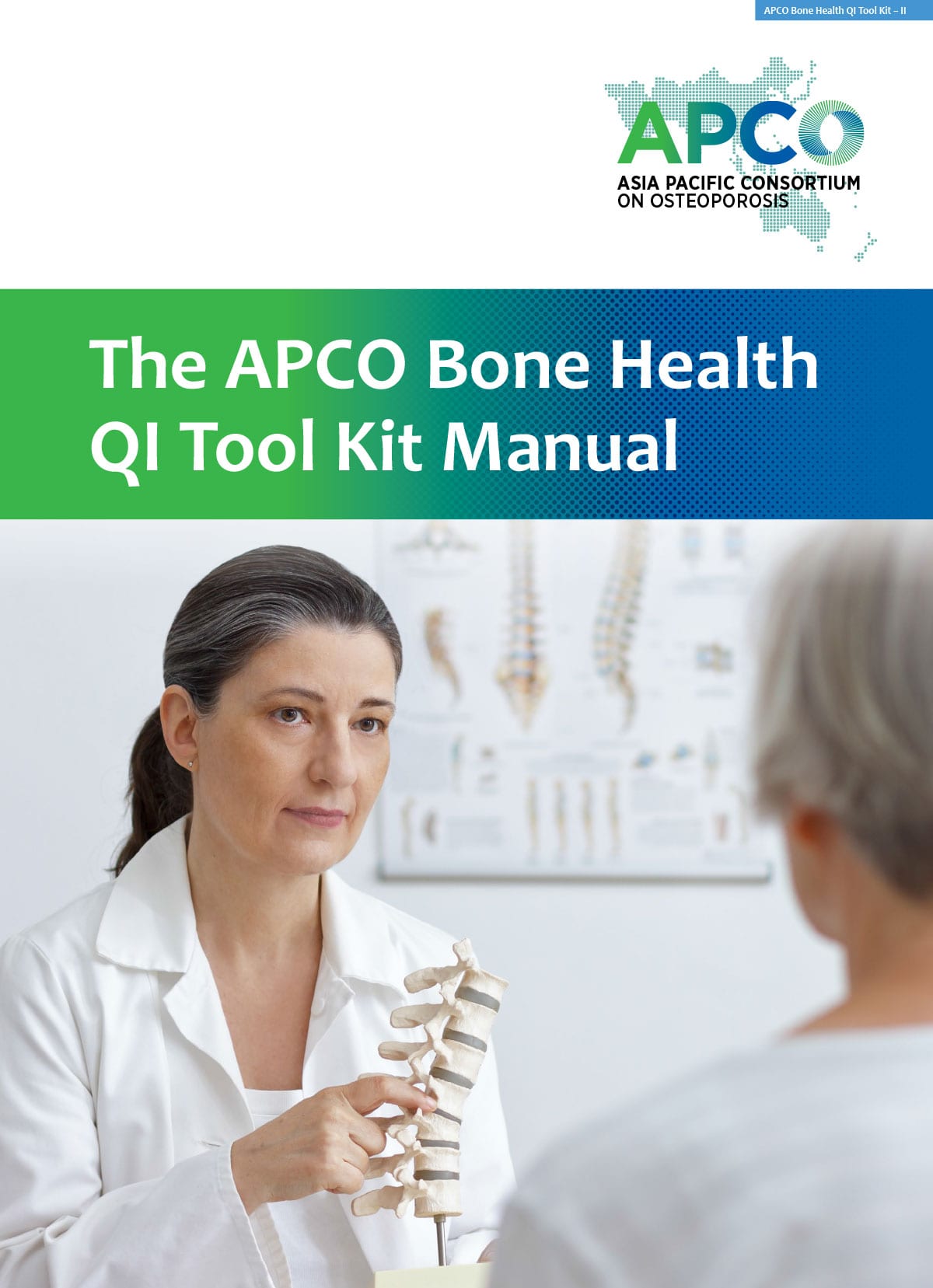The APCO Bone Health QI Tool Kit aims to address the major public health burden of osteoporosis throughout the Asia Pacific (AP) region through the promotion of quality improvement (QI) of osteoporosis care.
Currently one-in-four patients who sustain a hip fracture die within a year, and less than half of those who survive, regain their previous level of function. By 2050, one in four people in the AP will be aged over 60 years. This portion of the population is expected to triple between 2010 and 2050, reaching close to 1.3 billion people. Within the same timeframe, between 4.5 to 6.3 million hip fractures are predicted to occur worldwide, half of which will occur in Asia.
The tool kit is designed to help healthcare providers (HCPs) stem this current healthcare crisis through a process of working together, to achieve shared goals. It focuses on closing this care gap by:
- Understanding the baseline variables and current state of osteoporosis care in any given institution or health care practice.
- Enabling benchmarking clinical practice against The APCO Framework, evidence-based clinical practice guidelines or established protocols for the chosen standard of care.
- Using the findings to then improve the quality of care through iterative PDSA cycles.
- Using the lessons learned from implementation of the APCO Clinical Standard at an institutional level, to build momentum, and work towards inclusion of the quality improvement/clinical standard in national guidelines, and lobbying for funding and policy change, as appropriate.
The tool kit is based on seven selected standards from The APCO Framework that are applicable to the clinical setting. Implementation of the QI will be through Plan-Do-Study-Act (PDSA) cycles – a quality improvement strategy that tests a change on a small scale. The PDSA builds on the learning from these test cycles in a structured way before implementation on a wider scale.
The PDSA cycles are iterative. Each cycle involves the following four stages:

1. Plan – developing a plan to test the change;
2. Do – carrying out the test;
3. Study – observing and learning; and
4. Act – planning the next change cycle or full implementation.
Articulating the benefits of the APCO Bone Health and QI Tool Kit activity can help promote engagement and cooperation. Having a supportive organisational culture, good design and planning, and follow through on results to ensure the data collection is meaningful and achievable, will prove critical to success.
Data collected through the audit should be used to benchmark practice against the standards recommended by The APCO Framework, to demonstrate to stakeholders that the audit was worth the effort, and that it contributed to tangible change.




